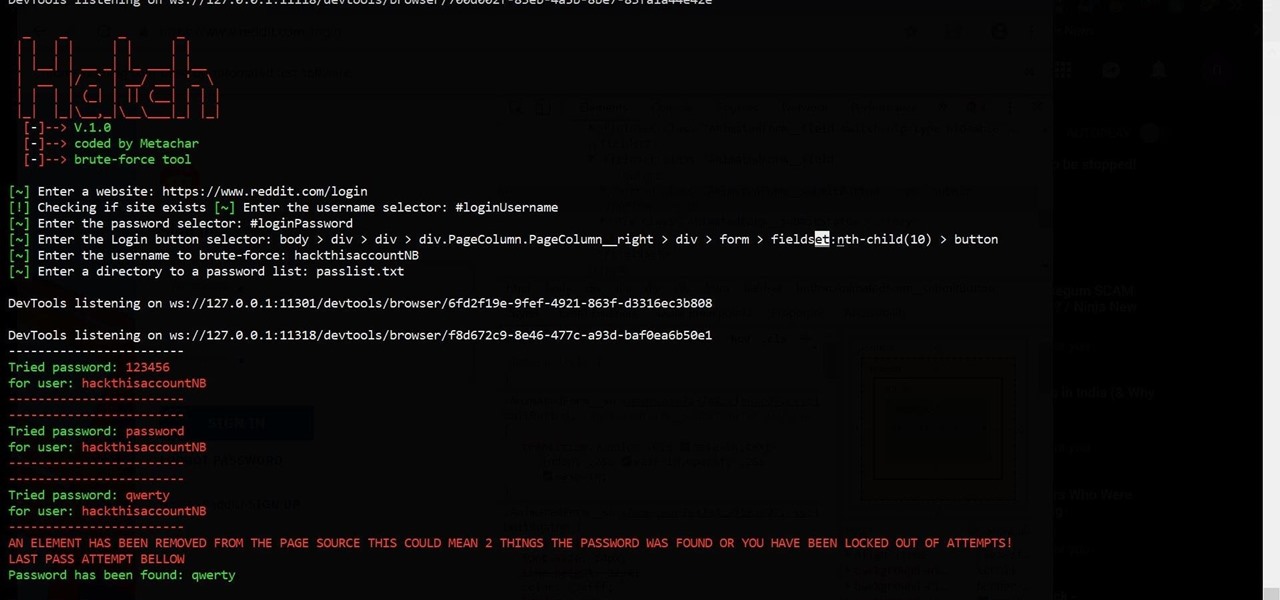
I'm a privacy pragmatist, writing about the intersection of law, technology, social media and our personal information. If you have story ideas or tips, e-mail me at. These days, I'm a senior online editor at Forbes. I was previously an editor at, a legal blog, relying on the legal knowledge gained from two years working for corporate law firm Covington & Burling -- a Cliff's Notes version of law school. In the past, I've been found slaving away as an intern in midtown Manhattan at The Week Magazine, in Hong Kong at the International Herald Tribune, and in D.C. At the Washington Examiner.
I also spent a few years traveling the world managing educational programs for international journalists for the National Press Foundation. I have few illusions about privacy -- feel free to follow me on Twitter:, subscribe to me,, or use Google Maps to figure out where the Forbes San Francisco bureau is, and come a-knockin'. This show is creating a lot of hooked criminals This weekend, New York Times tech journalist Jenna Wortham made a confession that could be used to send her to prison for a year or more. What was the? She uses someone else’s password to sign into the cable-subscriber-only HBO Go app to watch ‘Game of Thrones.’ In the piece headlined, “” Wortham wrote: [Some friends and I] all had the same plan: to watch the season premiere of “Game of Thrones.” But only one person in our group had a cable television subscription to HBO, where it is shown. The rest of us had a crafty workaround. She says “crafty.” A federal prosecutor might substitute “illegal” there.
We were each going to use HBO Go, the network’s video Web site, to stream the show online — but not our own accounts. Our behavior — sharing password information to HBO Go, Netflix, Hulu and other streaming sites and services — appears increasingly prevalent among Web-savvy people who don’t own televisions or subscribe to cable. While Wortham was aware that the companies she contacted for comment about this might not be happy about her accessing their services for free, she seems wholly unaware that the activity was potentially illegal. Just like the many BitTorrenters who have made Game of Thrones, Wortham is getting her content in a way that could put her on the wrong side of the law. After the New York Times got a flood of complaints about Wortham committing piracy by jumping over entertainment providers’ pay walls, New York Times public editor Margaret Sullivan addressed the issue. Strangely Sullivan only addressed the ethics of password-sharing not the legality of the practice, concluding by saying that Wortham might write another column “exploring the ethical issues” and might now instead watch ‘Game of Thrones’ at a bar.
Also See: How to Get Free HBO GO Account and Passwords Free HBO NOW Fast download speed. You can download the files without any sort of restriction imposed upon it.
Subjects and Indexing Terms. By an unknown author, and a copper with enamel portrait of an unidentified woman by an unknown author. Three black-and-white photoreproductions of the picture 'The Girl With Peaches' by Russian painter Valentin Serov, two graphic portraits of A.Voznesenskii by an unidentified author (a signature is illegible), two printed [minimized?] copies of A.Voznesenskii's portraits made by Anatolii Bedakov (City of Nikolaev, Ukraine), one abstract ornament made by V.Zarechieva [?], a photocopy of a sketch 'Never ever give up!!!' Zvuk skretch plastinki.

It was left then to Mike Masnick at TechDirt that Wortham had admitted to violating federal laws, including the Computer Fraud and Abuse Act (or CFAA) which has been the target of heated debate given its use in the controversial prosecutions of AT&T iPad hacker and public document hacker. The CFAA makes it a crime “to obtain without authorization information from a protected computer.” It’s a misdemeanor with a maximum one-year prison sentence. What Wortham describes is unauthorized access, in that it violates the companies’ terms of service. “[I]f someone is violating Netflix or HBO Go’s TOS to stream they are guilty of a misdemeanor CFAA right off the bat,” says Hanni Fakhoury of the EFF. And if the worth of the stolen information or damage caused in its procurement reaches $5,000 (that’s a lot of HBO episodes!), it could be a felony with multiple potential years of prison time.